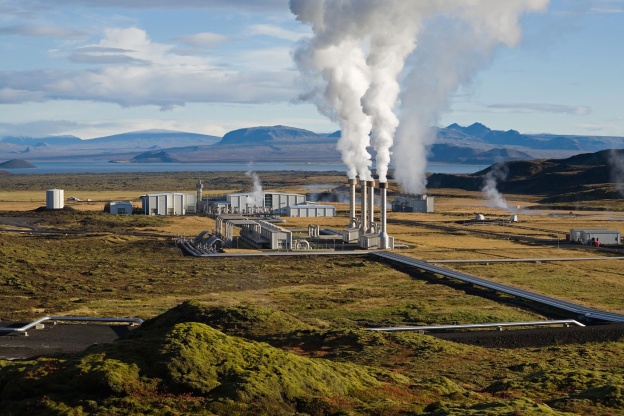By Roberta Attanasio, IEAM Blog Editor
Greenland. Credit: (CC BY 2.0).
Greenland, the largest island in the world not considered its own continent, lies above the Arctic Circle with the exception of its Southern tip. Ice—the Greenland Ice Sheet—is everywhere but is rapidly becoming a major contributor to sea level rise as it melts because of climate change. Now, a shows that the resulting freshwater (or meltwater) runs off to the ocean taking along an unexpected and toxic companion—mercury, a chemical that when transformed into methylmercury bioaccumulates and biomagnifies in fish, shellfish, and animals that eat fish, causing nervous system damage and other deleterious effects in humans and wildlife.
Continue reading


